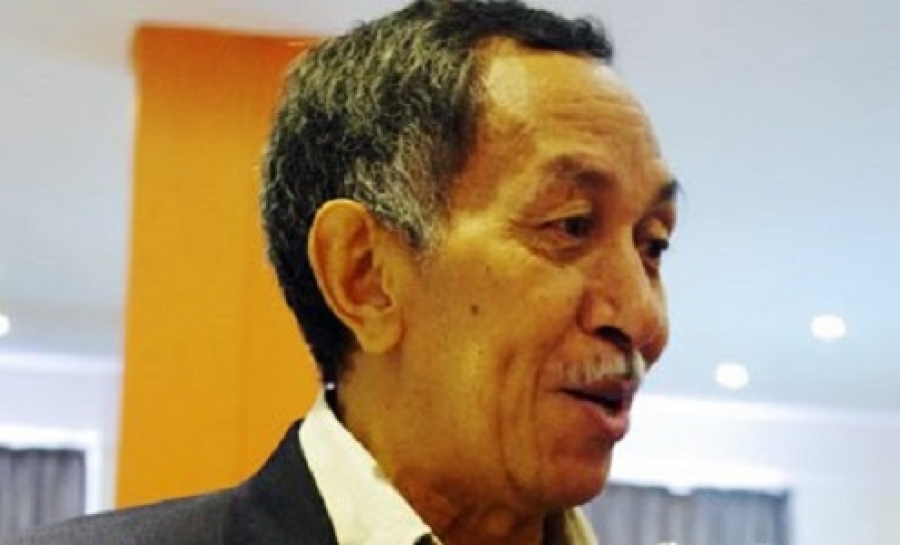In remarks made in parliament on Tuesday, the President of National parliament accused parliamentarians of disseminating working state documents before they had been approved by the authored state institution.
While not naming names, among mentions of a number of leaked personal documents about government members, Noel claimed the practice “weakened the state’s function.”
He said, “documents banned from public dissemination must be guaranteed confidentiality and must be properly controlled.”
Antonio da Conceicao, Chairman of the Democratic Party, said he supported Noel’s stance, insisting practice of leaking personal documents had sullied some parliamentarian’s professional reputation.
The comments come in the wake of the release of a critical corruption report by Transparency International that said Timor-Leste’s corruption perception index had decreased and was contributing to a “crisis of democracy.”
Since 2017, Timor-Leste’s corruption perception index has steadily declined alongside Bangladesh, Maldives and Vietnam.
“Unfortunately, these countries share several common factors that work to counteract anti-corruption efforts. These include a lack of strong and independent democratic institutions that can deliver checks and balances, and a strong-handed central government that limits or suppresses free and open media, and citizen participation.” said Patricia Moreira, Managing Director of Transparency International.
“As the performance of democratic institutions weakens and political rights decline, corruption festers and grows,” Moreira said.






